Earth Day is an annual call for action to save our planet and its vital resources. We asked leading figures in the world of impact what they do, on a personal level, to make the Earth a better place.
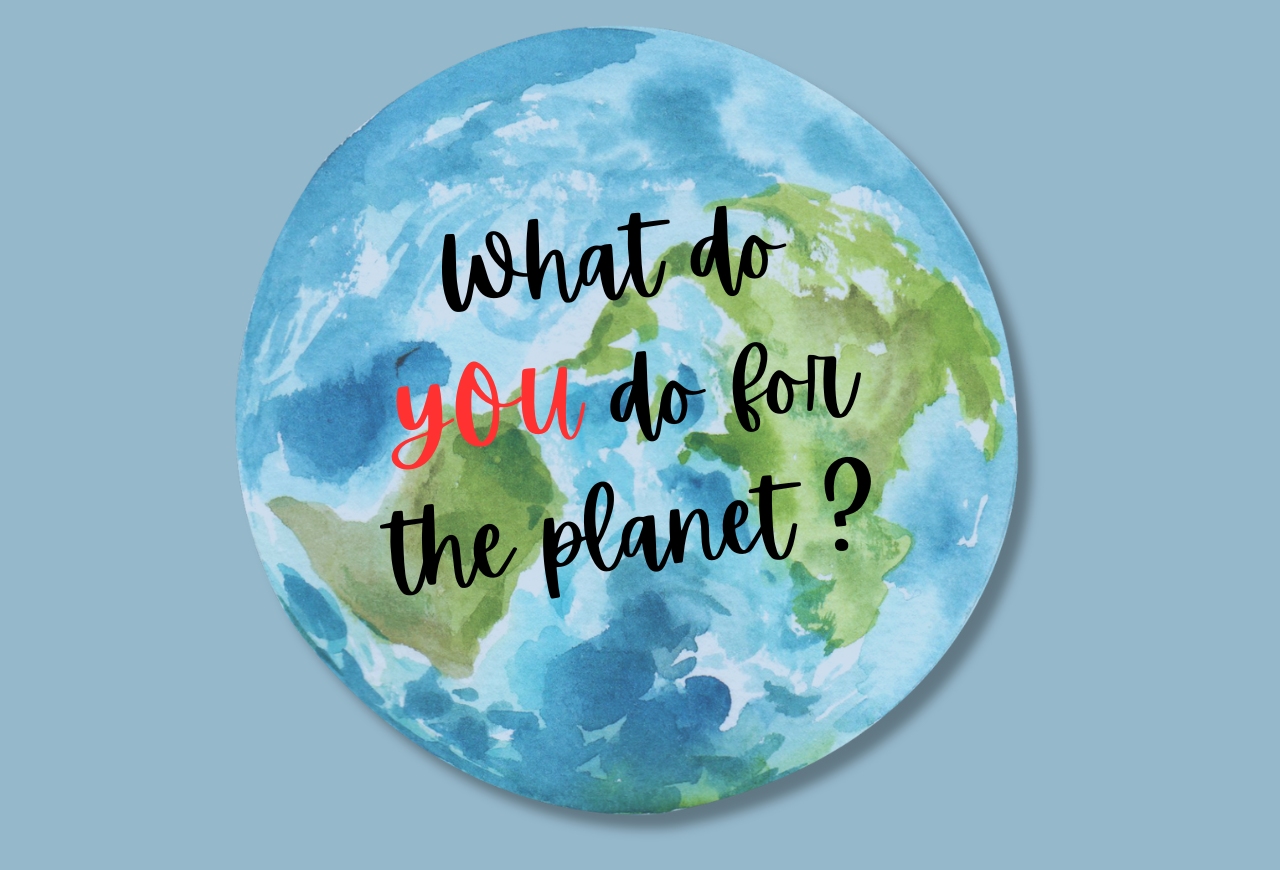
Every year, Earth Day emphasises the collective responsibility and action required by all of us to protect the environment and promote a healthy, sustainable planet. While many decisions require large scale structural and systemic change, we can all make a difference in our own ways.
This year, we asked leading figures in our industry what they do, on a personal level, to make the world a better place. From flying less, to only buying second hand clothes, adopting a culture of conscious consumption and even protecting the great wildebeest migration in the Masai Mara/Serengeti ecosystem, leaders in our industry are making their own impact.
Jacqueline van den Ende, co-founder and CEO, Carbon Equity
The biggest change I have affected in my personal life is a greater consciousness regarding travel.
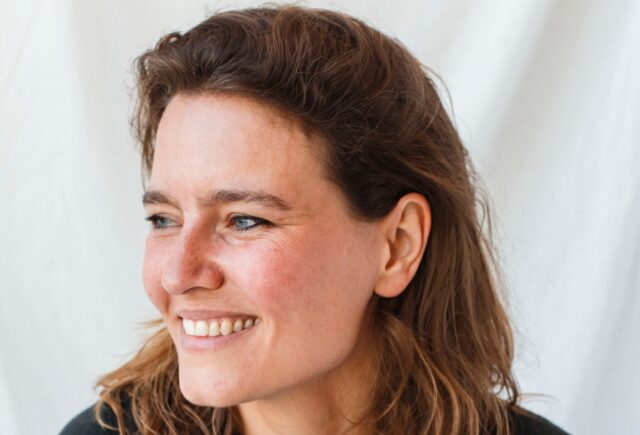
I still fly but do so in a much more conscious way. Whereas in my student days I would perhaps fly to another European city for a weekend trip, I now refuse to do so. If we fly – we go for longer trips and I try to go on no more than one intercontinental flight per year – including for work.
For work, trains are the default option within Europe for up to 10 hours of travel time. I love the train as a mode of transport. Old school or perhaps new school, slow travel requires patience but often offers me some of my most productive work time or thinking time in an otherwise very hectic schedule.
Reynir Indahl, founder and managing partner, Summa Equity
I am personally engaged in protecting the great wildebeest migration in the Masai Mara/Serengeti ecosystem. Known as the great migration, it is what keeps this ecosystem alive.
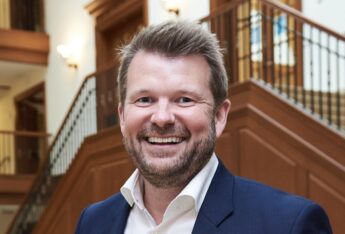
It is the most critical ecosystem globally for mammals but due to growing settlements, fencing, road building and deforestation, it is under threat. Through collaboration with the Masai communities, the consortium that I am part of has helped to protect key migration corridors by creating jobs and economically sustainable ecosystems for local communities.
This includes generating an income stream for the Masais from safeguarding their lands, through eco-safaris or carbon credits for grassland, while creating new conservancies, removing fencing, and stopping critical deforestation. It makes me feel hopeful and inspired that we have the power to not only stop planetary deterioration but also to restore it.
Costas Papaikonomou, founding partner, Una Terra Venture Capital Fund
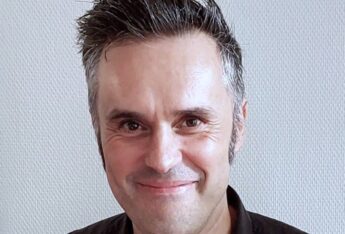
I’ve become Mr Stingy.
I buy many of my clothing second hand, my laptop is an old banger from 2018.
I drive a 14 year-old beat up car, and my house was built in the 1700s in which I only heat one room in winter (my wife’s office).
Karen Shackleton, founder, Pensions for Purpose:
Five years ago, I committed to taking only a maximum one flight a year for personal travel, to curb my emissions.
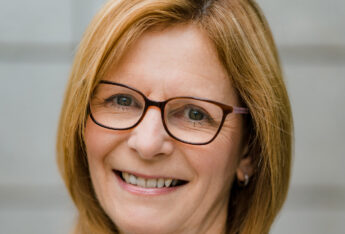
This has required compromise – and a lot of miles on the road instead – but the discipline of asking myself whether there is an alternative to flying has been a good one. I’ve managed to stick to my commitment: the pandemic year helped, of course, but over the past five years I’ve only taken three flights, one to Sardinia, one to Romania and one coming up to Switzerland. No long haul flights at all!
Eric Collins, CEO and founding member, Impact X Capital Partners:
For most of my career, I have been a dedicated road warrior. Whether as a consultant, running fast growth tech companies or as a VC, my business calendar was marked by the flights I took and cities I visited to efficiently fundraise, invest in innovators, operate companies and / or execute projects.
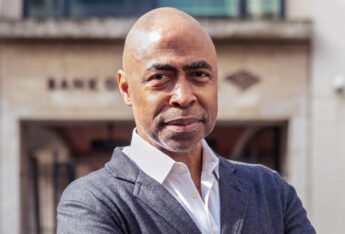
COVID taught many hard lessons. An important lesson for me was that some business can and must be executed without constant travel. From meeting founders to company diligence to AGMs, the environmental impacts of my business travel highlighted the need to take personal responsibility and ensure my impact values aligned with my actions.
Agustín Vitórica, co-founder and co-CEO, GAWA Capital
Eight years ago, I made a commitment to minimise my transportation emissions in Spain, aiming for zero impact on the environment. Initially, I opted to walk to meetings and events.
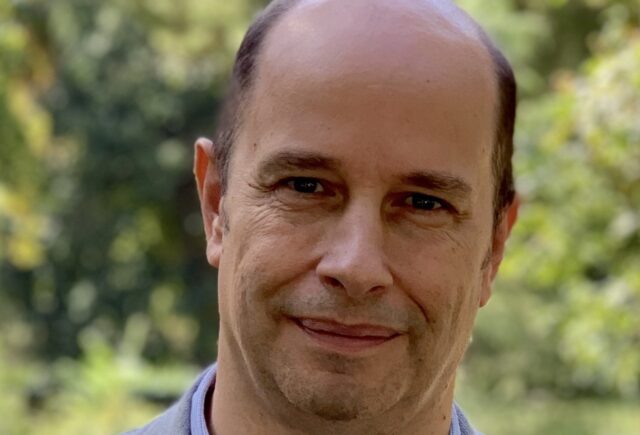
This choice not only benefits the planet but also allows me to enjoy Madrid’s splendid light and favourable weather, providing ample time for reflection. For longer journeys, particularly to the north of Spain where I vacation, I began using the high-speed train, which operates on electricity—a cleaner alternative. Lastly, recognising the occasional necessity of car travel, I switched to a hybrid vehicle to significantly lower my emissions. This comprehensive approach underscores my dedication to sustainability and environmental preservation.
Annelise Sauter, ESG and EDI manager, Big Society Capital
I recycle and re-use where possible. I buy clothes second-hand first, though if cannot find what looking for, I will buy new. I also buy refill eco-friendly cleaning products and some dried goods and snacks from zero packaging shops as well as carrying a refillable water bottle.
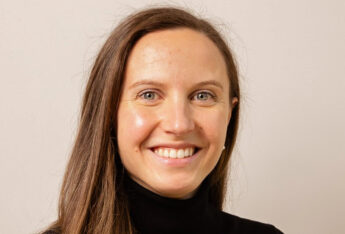
I buy a mix of organic and local food where it makes sense to from a budget, carbon footprint, health and quality perspective.
As a Costa Rican living in the UK, I try to visit my family back home at least once a year – given that flying less is harder for me, I pay a monthly fee to offset my carbon footprint.
Farhad Miri, CFO, Micvac
In recent years, I’ve become increasingly aware of the environmental impact of fast fashion and its contribution to waste, pollution, and resource consumption.
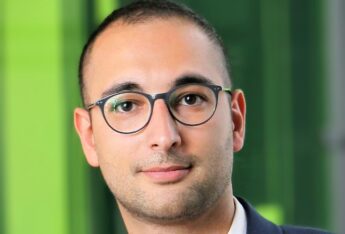
Recognising my own part in this cycle, I decided to adopt a more mindful approach to clothing consumption. My rule of thumb became simple but effective: I only allow myself to purchase new clothing when it becomes necessary to replace an item that has worn out. This means every new addition comes at the expense of discarding something that is no longer usable, keeping the number of items in my wardrobe fixed. It’s a small, personal step to minimise my environmental footprint by adopting a culture of conscious consumption.
Ben Constable Maxwell, head of sustainable and impact investing, M&G Investments
As head of impact investing, I feel I should be practicing what I preach when it comes to green living.
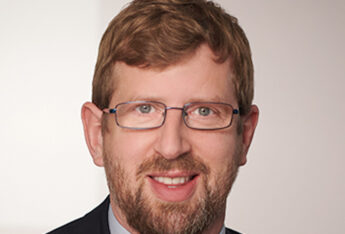
I’ve tried to embrace a ‘no mammals’ diet (hard to do with three teenage boys!), compost our food waste (a surprisingly slow process), and opt for trains over planes wherever possible. I’m a passionate advocate of the joys and benefits of slow travel.
I’m getting my hands dirty planting more greenery in our London garden (using our food waste compost ideally, but not yet). My electric car and bike commute are small ways of reducing my carbon footprint… but the biggest challenge is consuming less as a family.
Jessica Espinoza, CEO of 2X Global
With 2X Global, I’m actively engaged in our community of practice on gender and climate finance. This is a great way for any investment professional to contribute meaningfully to climate action through finance.
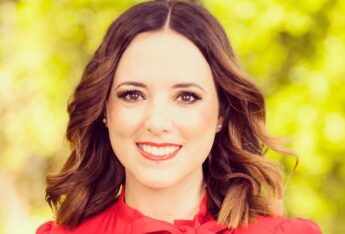
By building a peer network of like-minded investors and asset managers who prioritise shared values of gender equity, sustainability, and climate action in their investment decisions, we can collectively amplify economic and social impact, accelerate the achievement of the Paris agreement’s climate targets and the Agenda 2030 Sustainable Development Goals.
Ted Persson, partner, EQT Ventures
As investors, we have choices every day. Should we look at this case, should we look at that case? But in some cases, it’s about weighing the impact of different alternatives.
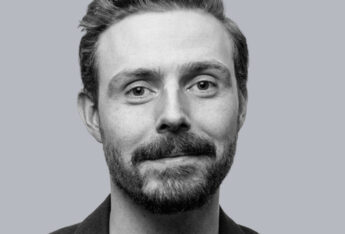
There might be a quicker return to some investments, but that’s not as important. We sing that gospel as much as we can internally. Some investors may forget about that, but I point it out. I say to them ‘When you think back of this time, in 30 years from now, what will you remember?
Not that you backed that gaming app or that other thing, you will remember backing impact-driven companies, founders and ideas that are plus one for the world and will serve as the building blocks of a greener and more sustainable future’






